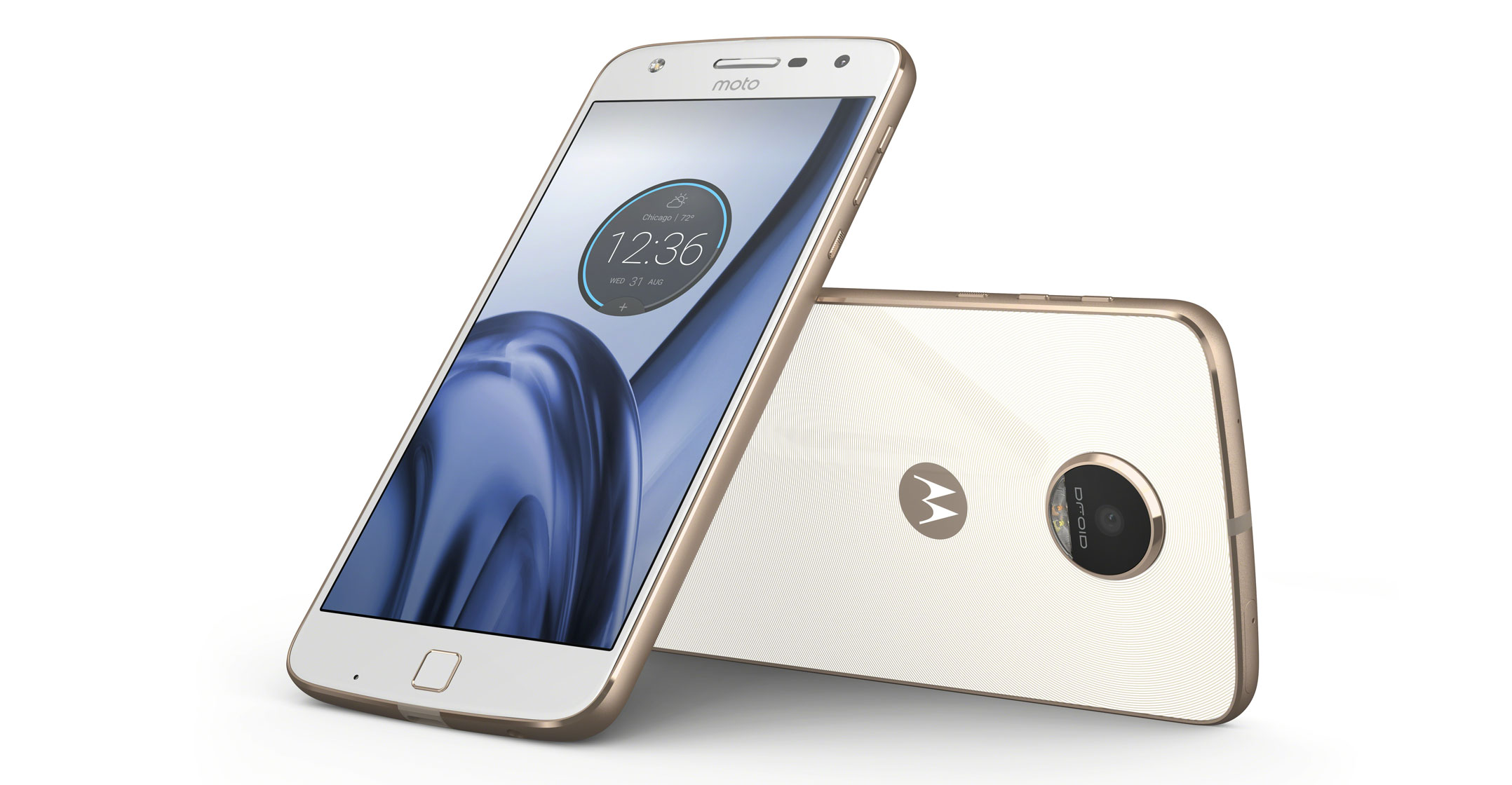
In four years, Lenovo Group went from would-be Apple challenger to an also-ran in smartphones and data centre servers. Now it’s got a comeback plan, but some investors don’t buy it.
China’s erstwhile tech darling, which lost its perch atop the PC market to HP in 2017, has shed two-thirds of its value since hitting a 15-year high in 2015. At a two-year earnings multiple of about 10 times, its stock is cheapest among the world’s largest computer makers. Yet all seven analysts ranked best by Bloomberg based on one-year returns urge investors to sell. Their average target puts Lenovo 13% below Tuesday’s close.
From money-haemorrhaging businesses to resurgent competition for its cash-cow PC division and a revolving-door executive team, the company that once aspired to Apple and Samsung’s heights seems to have lost its way. CEO Yang Yuanqing’s failed repeatedly to deliver on turnaround deadlines and hasn’t fully articulated a strategy to revive ailing mobile and data centre arms — even as local rivals gun for its bread-and-butter Chinese customer base. The company’s even resorted to selling office buildings to prop up the bottom line.
“I just don’t see signs of change,” said Qian Kai, an analyst with CICC who’s covered Lenovo for five years and the third-ranked analyst of 30 in Bloomberg’s Absolute Return Rankings. He lowered his target price to HK$2.60 in February. “Lenovo’s been caught in the middle of a very awkward situation where it can neither turn the tables on its home turf nor expand quickly enough in overseas markets.”
It’s a far cry from the days when Lenovo was at the top of its game. Yang took the stage at an 18 000-seat Beijing arena one frigid winter’s evening in 2014 to surprise euphoric employees with news Lenovo had agreed to take over IBM’s commodity server business for more than US$2bn. That same year, it sealed a deal to buy Motorola Mobility from Google, becoming the world’s number three smartphone label.
That was then. The Moto line has tumbled out of the top ranks, unable to expand its footprint in the US and pummelled by fast-moving rivals in Asia from Oppo to Xiaomi. Liu Chuanzhi, an industry trailblazer who transformed Lenovo into one of China’s most recognizable brands, fell on his sword during this year’s address.
“How many mistakes have we made? How many mistakes have I myself made?” Liu said in February. “Without question, today’s Lenovo Group faces severe and acute challenges. The challenge is multi-dimensional and uncertain. It’s an age when innovations in technology and business model are powerful enough to overturn an industry and even social customs.”
New avenues
Lenovo’s now overhauling its sales channel. It’s re-enlisted Liu Jun — the architect of the Motorola deal — to reinvigorate China via new avenues such as e-commerce.
“Turning around the business is still our goal, but we probably need more quarters to deliver that result,” Yang said in an interview in February. “We are transitioning in emerging markets from Lenovo brand to Motorola brand, it hasn’t gone very well. We need to clear inventory and rebuild the brand.”
It also missed out on “its best shot” to grow its server business, Qian said. At the time the IBM deal was unveiled, Chinese customers were starting to eschew IBM, Oracle and EMC in favour of local names. Many ended up with Huawei or Inspur because Lenovo took eight months to close its acquisition.

Lately, the company’s shown signs of life. It’s expected to return to (meagre) revenue growth this fiscal year after two successive annual declines. But at least one fund manager warns against getting into a PC sector that remains sluggish at best.
“The industry is unlikely to see hyper-growth in the short run,” said Zhang Haidong, a fund manager with Jinkuang Investment Management who doesn’t own stock in Lenovo. Even “the smartphone business may not see its next inflection point until 2019”.
Alexander Medd, an analyst with Bucephalus Research who’s been one of Lenovo’s harshest critics, argues the company needs cool products. But it may be too late.
“Tech brands do not come back,” he said. — (c) 2018 Bloomberg LP

